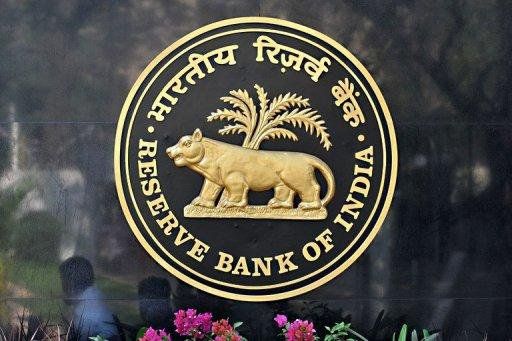The Reserve Bank of India’s (RBI) Monetary Policy Committee (MPC) hiked the repo rate by 50 basis points (bps) to 5.9% on Friday. The monetary policy committee remains focused on withdrawal of accommodation to ensure that inflation remains within target while supporting growth, said RBI Governor Shaktikanta Das.
The RBI has raised rates four times so far in this cycle, first catching markets off guard with a 40 bps hike at an unscheduled meeting, then a 50 bps hike to 4.90% in June, followed by another 50 bps hike to 5.4% in August and 50 bps hike to 5.9% in September.
Also Read | RBI monetary policy committee meet: An overview
Five ways in which the RBI repo rate hike will impact you:
Rise in deposit rates: Banks will have to raise deposit rates in the short term. Many banks have already increased interest rates on deposits after the RBI hiked the repo rate by 140 bps in total in last three policy meetings. Interest rates on deposits, including savings accounts, post office savings accounts and fixed deposits (FD) will most likely increase.
Also Read | Explained: Impact of RBI’s repo rate hike on deposits, loans
Costlier loans: The repo rate hike will force banks and non-banking finance companies to further increase repo-linked lending rates and minimum cost of funds-based lending rates. This is because the cost of funds for banks will rise with the repo rate hike. It will lead to a rise in equated monthly instalments (EMIs) for existing borrowers. Additionally, new home, personal and vehicle loans will also become expensive.
Also Read | Why interest rates are being hiked globally?
Decline in bond yields: Bond prices and interest rates have an inverse relationship. If rates go up, yields on old bonds fall. Long-term debt investors will have a tough time but investors who have opted for short-term debt funds might recover their money and can reinvest it.
Also Read | How the US Federal Reserve’s rate hike impacts RBI policy
Equity market: Higher interest rates can also impact a company’s growth as cash flow dries up. Due to lowered expectations of growth from a company investors will expect lower stock price appreciation. If more companies see a fall in their stock prices, this can affect the equity market.
Also Read | RBI’s first set of rules for digital lending released: Everything to know
Inflationary concerns: The projections indicate that inflation is expect it to remain elevated at 6% in the second half of the year, said the RBI Governor on September 30. This signals further rate action from the RBI. Inflation is now projected at 6.7% in 2022-23.







